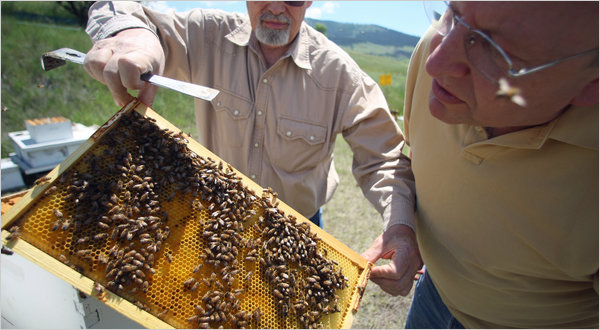
SharpInsights #53: Modern Advice From a Long-Dead Roman
Lucius Annaeus Seneca was a Roman dramatist, Stoic philosopher, politician, and history's earliest proponent of competitive intelligence. Wait…what?
One of Seneca's most famous quotes is a management mantra: “Luck is what happens when preparation meets opportunity.” For executives making decisions in a recession-battered marketplace, “preparation” means more than skimming last year's sales figures or catching up on trade magazines.
Competitive intelligence reveals the current, comprehensive, objective truth about your product or service, brand, company, customers, and industry. The cold hard truth can lead to a warm fuzzy feeling for managers who apply their CI preparation to opportunity.





